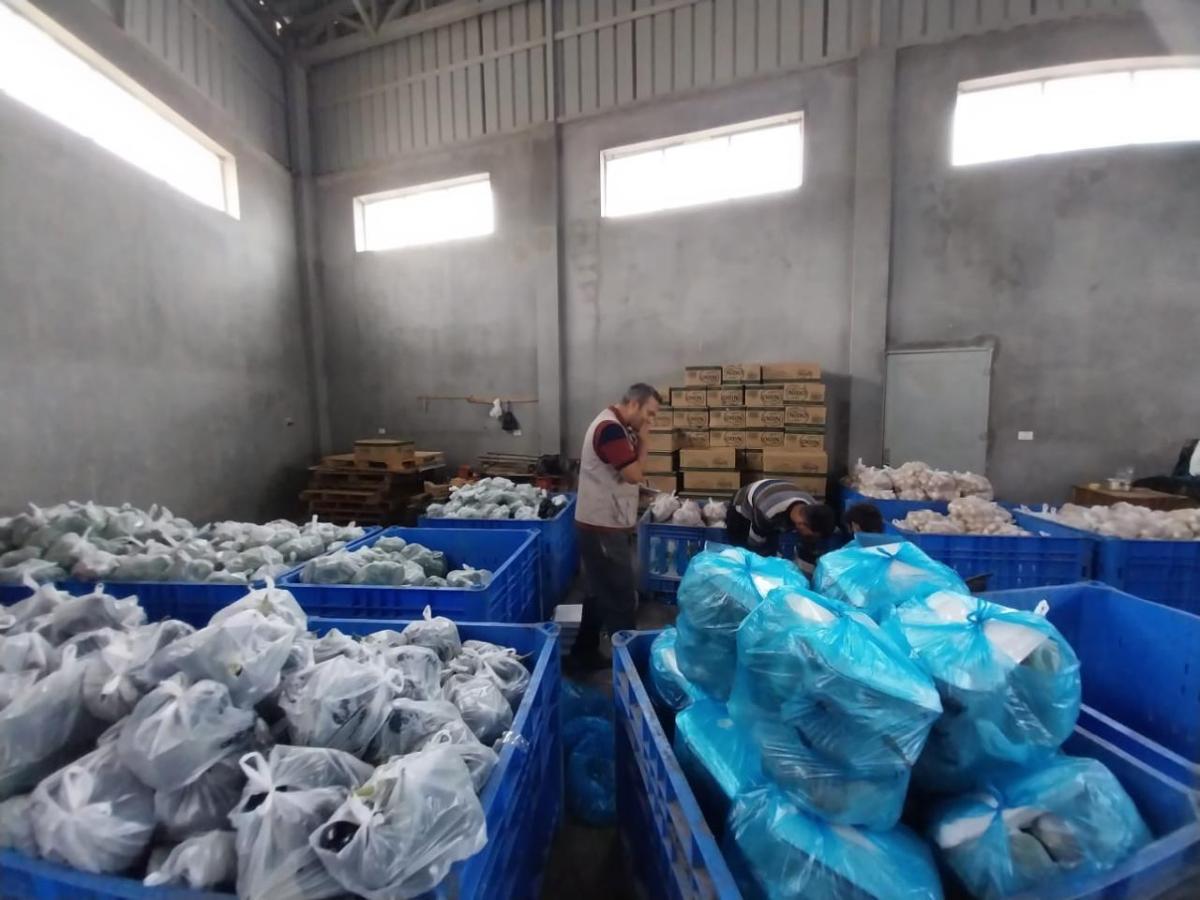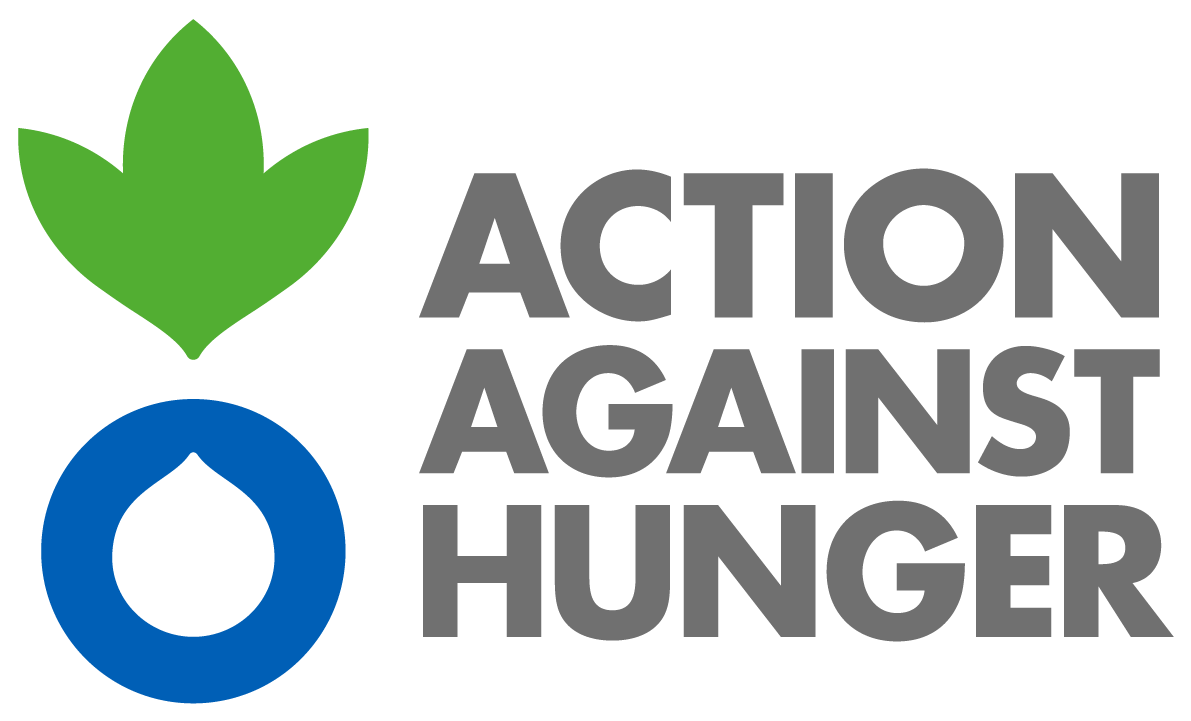Action Against Hunger Calls for Permanent Ceasefire in Gaza
“There is virtually no food left”: temporary pause insufficient for humanitarian relief

December 1, 2023 /3BL/ - The week of temporary ceasefire in Gaza has been insufficient, and millions of people throughout the Gaza Strip are still in urgent need of water and other humanitarian assistance. Despite the dangers, Action Against Hunger teams have been on the ground to expand the humanitarian response. The threat of renewed fighting puts Action Against Hunger’s programs at risk, which is why the organization insists that a permanent ceasefire is necessary.
The restrictions of access to humanitarian aid—coupled with limited communications abilities and fuel shortages—have exacerbated the humanitarian crisis. Action Against Hunger has been working throughout this war with local suppliers inside Gaza to distribute basic supplies such as water, food, hygiene products, diapers, blankets, and mattresses as efficiently and quickly as possible, in coordination with local and international actors. Action Against Hunger teams are delivering fresh vegetables and fruits to families thanks to donations from partners. The organization was one of the only humanitarian actors helping families in northern Gaza even before the week-long pause.
The situation is critical. “Our colleagues are seeing and experiencing it on the ground: there is virtually no food left in Gaza,” says Chiara Saccardi, Regional Head of Action Against Hunger in the Middle East. “With more than 130 bakeries closed across Gaza due to lack of fuel, our colleagues tell us that even flour is in short supply in the local market, making it increasingly difficult to bake bread at home. Gas for cooking is now considered a luxury item, and families are resorting to cooking by burning wood, food cartons and whatever else they can find.”
Permanent ceasefire is essential to prevent further death. “In addition to hunger and lack of food, hygienic conditions, stress and overcrowding have an impact on diet, leading to malnutrition among the most vulnerable,” says Bruno Abarca, Action Against Hunger’s expert on Access to Health Services. “Sustained food deprivation can lead to hunger, pain, anxiety, weight loss, electrolyte imbalances, apathy, fatigue, depletion of body fat and protein reserves, physical and psychological deterioration, tissue degradation, organ damage…and even sudden death, especially among children.”
Action Against Hunger teams are on the ground providing as much aid as possible. Construction is almost finished on sanitation units in Al Aqsa Hospital in Deir Al Balah, which will provide people with toilets and sinks.
Why ceasefire is urgent
If a permanent ceasefire was achieved and the number of trucks carrying fuel and items needed for interventions increased, Action Against Hunger could:
- Assess the damaged water networks and coordinate with local partners to identify what is needed to repair the infrastructure. This is critical to improving sanitation and preventing disease in the population.
- Repair water networks so that families have enough water for drinking, cooking, and hygiene.
- Support internally displaced persons (IDPs) and families living in extreme conditions, to be prepared for the coming winter by distributing mattresses, blankets, and plastic sheeting.
- Increase food aid to IDPs.
- Support affected farmers in restoring their land and agricultural assets, as well as access to water, so that they can quickly resume their work cultivating, harvesting, and selling their products.
How this ceasefire has affected food and water availability
Although the lull in conflict has allowed a slight increase in the flow of humanitarian aid, living conditions are far from improving, and the amount of aid coming across the border is insufficient to meet the needs of the entire population of the south, let alone northern Gaza.
Many people are suffering due to food shortages and lack of water. Adults are limiting food intake to ensure that their children are fed. Canned foods are no longer available in the local market and many fear that the vegetable harvest will soon be over. As winter approaches, it is more essential than ever that humanitarian and commercial trucks are allowed to enter Gaza and restore markets and supply chains.
Each day, the entire population of Gaza only has access to about 3 liters of water. “Drinking water is in very short supply, and other water sources are increasingly unsafe due to cross-contamination from sewage, rainwater, and well water,” says Chiara Saccardi. “Gazans need more food, more nutritious food, and clean water for cooking. They also need gas and fuel to cook food. To avoid the risk of food insecurity, malnutrition, and starvation, these items must reach the most vulnerable immediately.”
Food stocks are running low in Gaza and as a result, food prices are rising. The price of wheat flour increased by 65% in October, while the price of mineral water has doubled, according to the Palestinian Central Bureau of Statistics. In addition to lack of access to food, families are struggling with a severe lack of water, overcrowding, lack of sanitation, lack of quality water for domestic use and drinking, and access to water for hygienic practices.
The situation in northern Gaza is also of particular concern due to the lack of a safe and sustained NGO presence, the lack of capacity to distribute aid and the total collapse of services. According to an Action Against Hunger staff member in northern Gaza, “There continues to be great concern about hunger, dehydration, and waterborne diseases due to consumption of water from unsafe sources. The water desalination plant and the Israeli pipeline are not functioning.”
About Action Against Hunger
Action Against Hunger leads the global movement to end hunger. We innovate solutions, advocate for change, and reach 28 million people every year with proven hunger prevention and treatment programs. As a nonprofit that works across 55 countries, our 8,900 dedicated staff members partner with communities to address the root causes of hunger, including climate change, conflict, inequity, and emergencies. We strive to create a world free from hunger, for everyone, for good.

